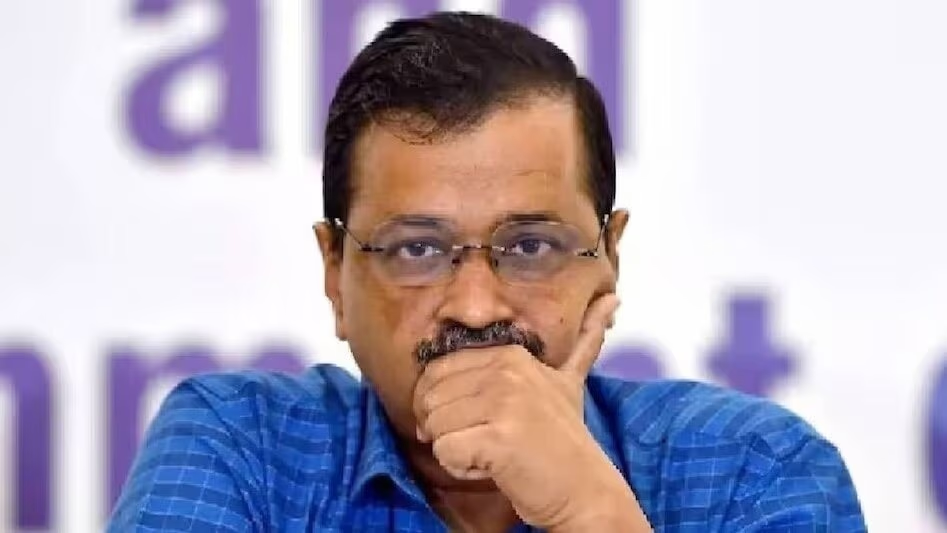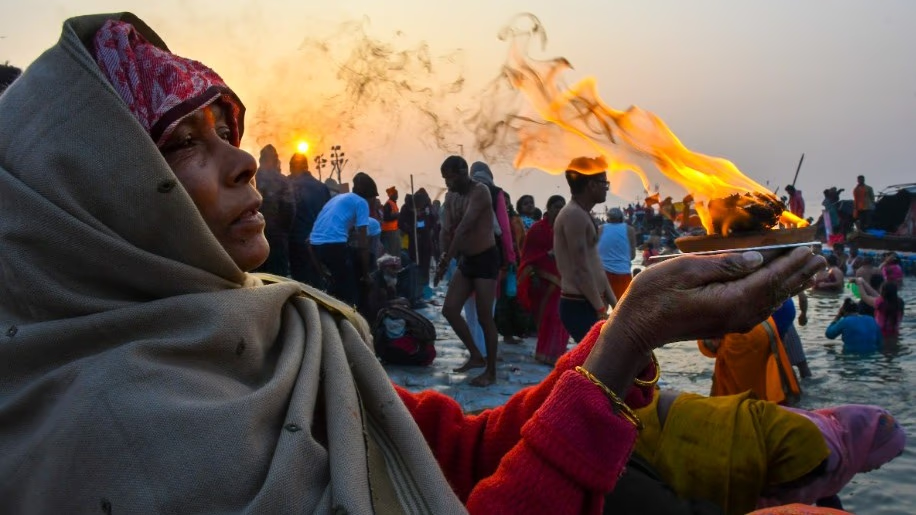In the upcoming Delhi elections, there's a fierce contest brewing between the Aam Aadmi Party (AAP), the Bharatiya Janata Party (BJP), and Congress. Voting is set for February 5, with results to be declared on February 8. This election will decide the future leadership and direction of the 70-member Delhi Assembly. Led by Arvind Kejriwal, AAP aims for a third consecutive term, while BJP intends to strengthen its influence, and Congress hopes to regain its foothold in a city where its presence has significantly waned over the years.
Despite controversies surrounding Delhi's excise policy, Arvind Kejriwal remains the declared chief ministerial candidate for AAP. The past year has seen the former chief minister spending substantial time in custody due to arrests by firstly the Enforcement Directorate (ED) and then the Central Bureau of Investigation (CBI). These events have centered corruption allegations against Kejriwal and senior AAP leaders as a core attack point for the BJP this election season. While Kejriwal eventually secured bail from the Supreme Court in both cases, strict terms question his potential to govern effectively if re-elected. Thus, will Kejriwal manage to steer the government if he returns to power under the court's specified conditions?
Forced to Resign Due to Restrictions
The bail conditions from the ED case barred Kejriwal from entering the chief minister's office and the Delhi Secretariat, signing off on official files except where the approval of the Lieutenant Governor of Delhi was necessary, and commenting on the case or conversing with witnesses. Later, the Supreme Court reiterated these restrictions during bail for the CBI case, effectively extending the boundaries on his administrative tasks. These limitations sparked concerns about governance in Delhi. Kejriwal pre-empted these potential operational hindrances by resigning as chief minister and immediately entrusted leadership to senior AAP leader Atishi post-release, thus mitigating practical effects on the administration led by him.
Imposed Conditions Could Pose Hurdles
Winning the elections to become the chief minister again introduces unique governance challenges amid this legal predicament. AAP's political identity has been forged on transformative policies in education, healthcare, and public services, garnering widespread support. However, with restrictions curbing Kejriwal's active participation, the party's capability to deliver on its promises might be jeopardized. Decision-making requiring the chief minister's input – such as convening cabinet meetings, approving budgets, implementing policy changes, and managing crises – could face delays or necessitate a higher reliance on delegation. Thus, the challenge of fulfilling commitments to the people persists.
How Will Kejriwal Govern if Victorious?
A possible course of action for Kejriwal and AAP involves requesting amendments to the bail conditions imposed by the Supreme Court. In December, the court relaxed conditions for former Deputy Chief Minister Manish Sisodia, who initially had to report to investigative agencies twice a week. Kejriwal's bail order itself reflects Justice Ujjal Bhuyan's "grave objections" against terms limiting his capacity to fulfill his duties as chief minister.
If the Aam Aadmi Party emerges victorious, the party's ability to navigate this unprecedented governance landscape will be crucial. This election is not only a contest for political dominance in India's capital but also a test of governance's resilience amid extraordinary circumstances.




